Trends In Transactions and Channel
The Credit Card Competition Act is threatening the payments industry. The bill was reintroduced in Congress (June 2023) with bipartisan support. Large grocers, big box stores, and online retailers also support the bill; The American Bankers Association (ABA) is against it. The ABA is sponsoring a campaign targeting consumers with a warning—Protect My Points. Passage of the bill would represent a massive disruption to the system. How might heavy credit-card transactors react?
We look at four types of heavy transactor (HT) households differentiated by those that make 50% or more of their total annual non-cash transactions using one of four channels: Credit/T&E Cards, Checking/Savings, Debit Cards, and Automatic and Electronic combined. The four groups are mutually exclusive: 76% of households (HHs) own at least one card; 89% have a Checking/Savings account; 60% own a Debit Card; 92% make automatic transactions, and 91% make electronic transactions.
Traditional transaction channel use (checking/savings and ATM) continues to decline; electronic/automated use continues to increase. HT checking/savings HHs tend to be mature (preretired and retired) that transact less frequently than all US households. Younger Millennials and Zoomers are driving the adoption of electronic transactions hastened by the pandemic. In fact, the youngest cohorts are driving many types of financial product and service changes. Products and services introduced in the 2010s (Zelle, Venmo) and BNPL in 2021, will see increased use in the 2020s as many younger HHs move into life stages involving more transactions. Indications suggest the days of conspicuous consumption are past. Newer transaction methods and channels will enable some HHs to juggle basic expenses better and/or to control spending. Despite income increases, many HHs will need to continue to juggle expenses because when inflationary prices go up and remain ‘sticky,’ the cost of money (interest rates) climb.

More than 90% of HT credit-card users pay their monthly balance off in full. One reason for doing so is because they can afford to; their median annual household income is $101K in comparison to $33K for heavy checking/savings users and $27K for heavy electronic/automatic users. Households with a good credit score and several credit cards can leverage the households monthly spend to recoup credit-card rewards and perks: Multiple cards; multiple types of perks. Although more than half of HT credit-card households are aware of BNPL, adoption is relatively low because there are no rewards or points. About one-quarter of all HHs with a card would close their account if the provider stopped a cash rebate however, 40% of HT card HHs would close the card . Other card features that ranked high with card users are no annual fee and low interest rate.

Insights
- If passed, the Credit Card Competition Act will alter the card landscape dramatically. Always follow the money. The banking industry has a great deal to lose if the legislation passes in its current form.
- Households that can leverage liability into income (rewards/points) while not carrying credit-card balances.
- Directionally, electronic/automatic channel use will continue to increase as more Zoomers become full-fledged consumers; currently, one-third of heavy electronic/automatic users are under age 30.
- Creative transaction options will be in demand because as inflationary pricing remains, history teaches us that wages will lag; lower consumption for some households will follow.
- Households with modest credit scores may gravitate to Buy Now Pay Later (BNPL) to satisfy spending urges. Debt-averse Zoomer households may use BNPL to avoid acquiring liability.
Don’t miss the next planned 2-Minute video First Trends Briefing about Transactions and Channels with Larry Cohen, Director of MacroMonitor.
For more First Trends, stayed tuned on RFI.Global, RFI Global on LinkedIn, or email us on MacroMonitor_Team@rfi.global.
Subscribers have access to all 2022-23 MacroMonitor data collected between December 2022 and January 2023.
About the Author
Larry Cohen is Director of The MacroMonitor, the largest and longest running syndicated program on household financial needs in the US today. Since 1978, this program has been providing a holistic understanding of the evolution of consumers’ financial needs.
Larry consults with all types of financial services institutions, associations, government agencies, and universities on consumer financial services such as macroeconomic trends, segmentations, new product and market innovations, strategic planning, and direct marketing.
Prior to working at RFI, Larry was Vice President and Director of Consumer Financial Decisions (CFD) with Strategic Business Insights (SBI), an employee-owned spin-off from SRI International. Larry holds an M.B.A. from the Graduate School of Management of Rutgers University (Newark, New Jersey), and a B.A. in interdisciplinary social sciences from Syracuse University (New York).

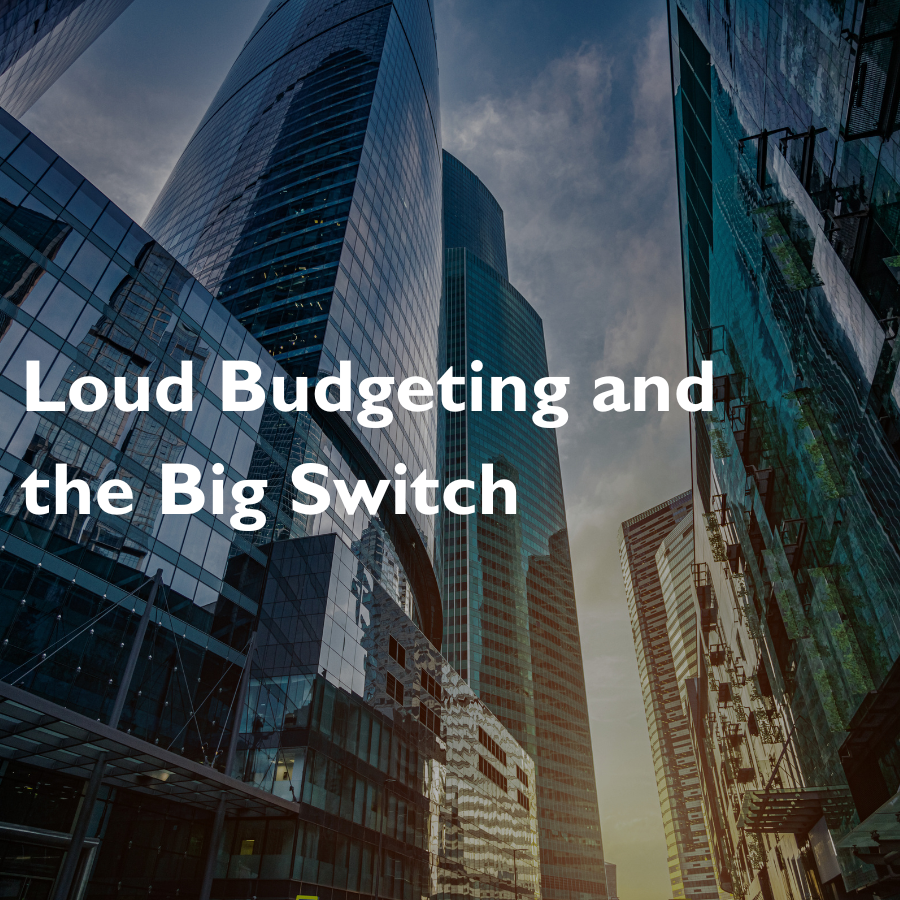



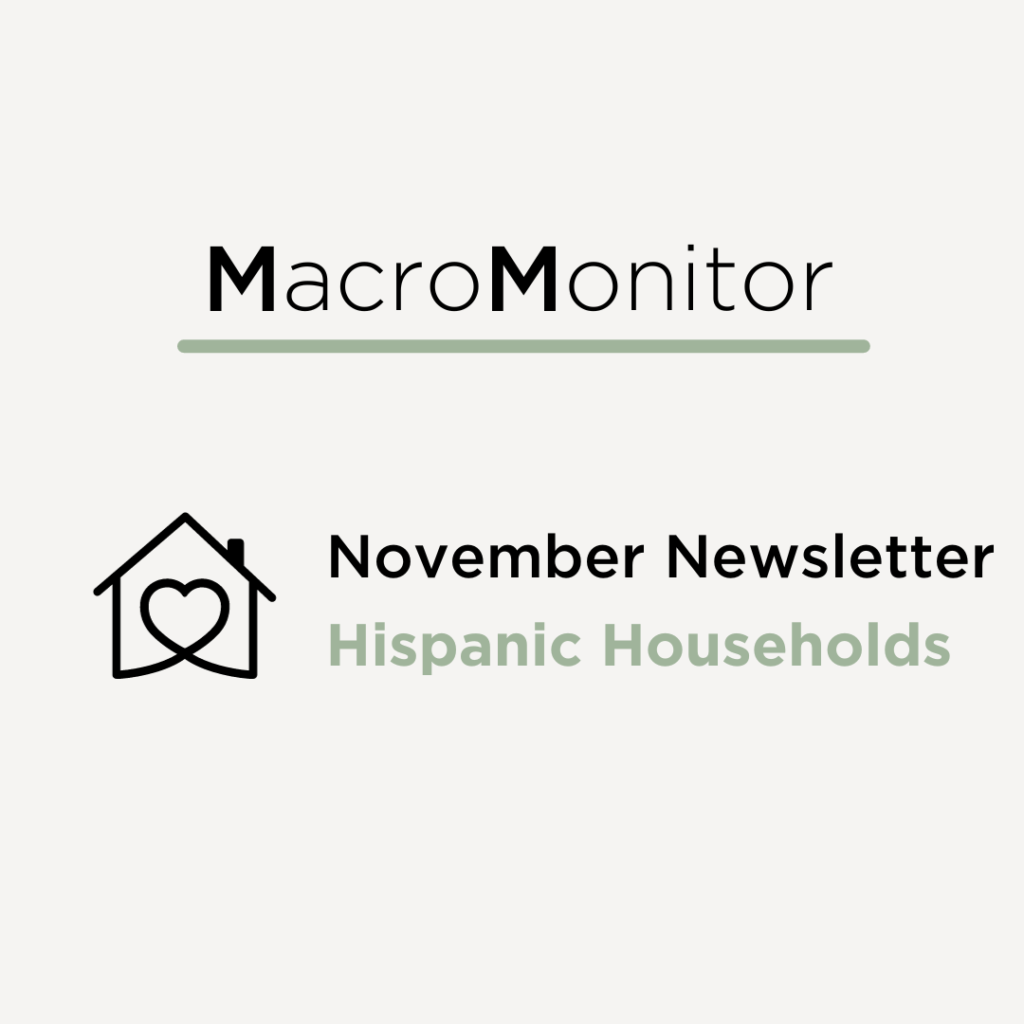
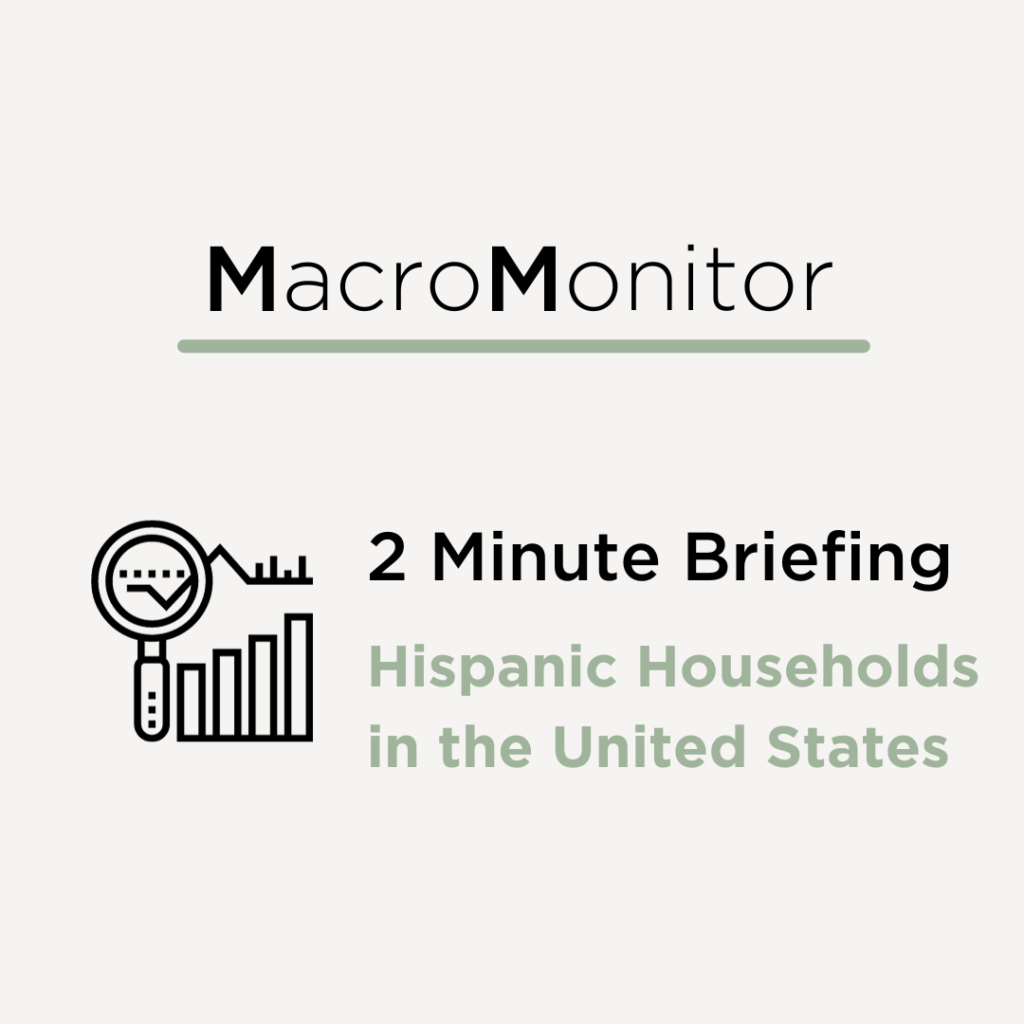






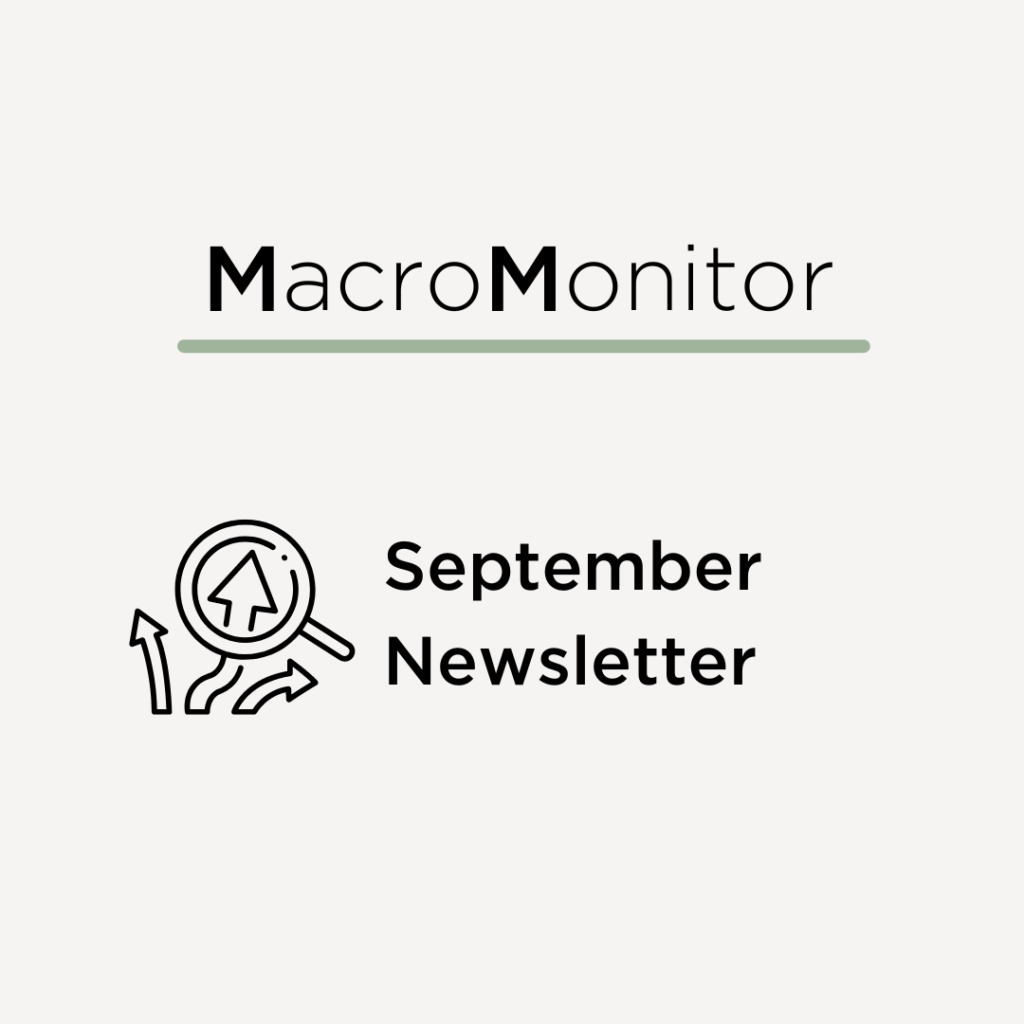
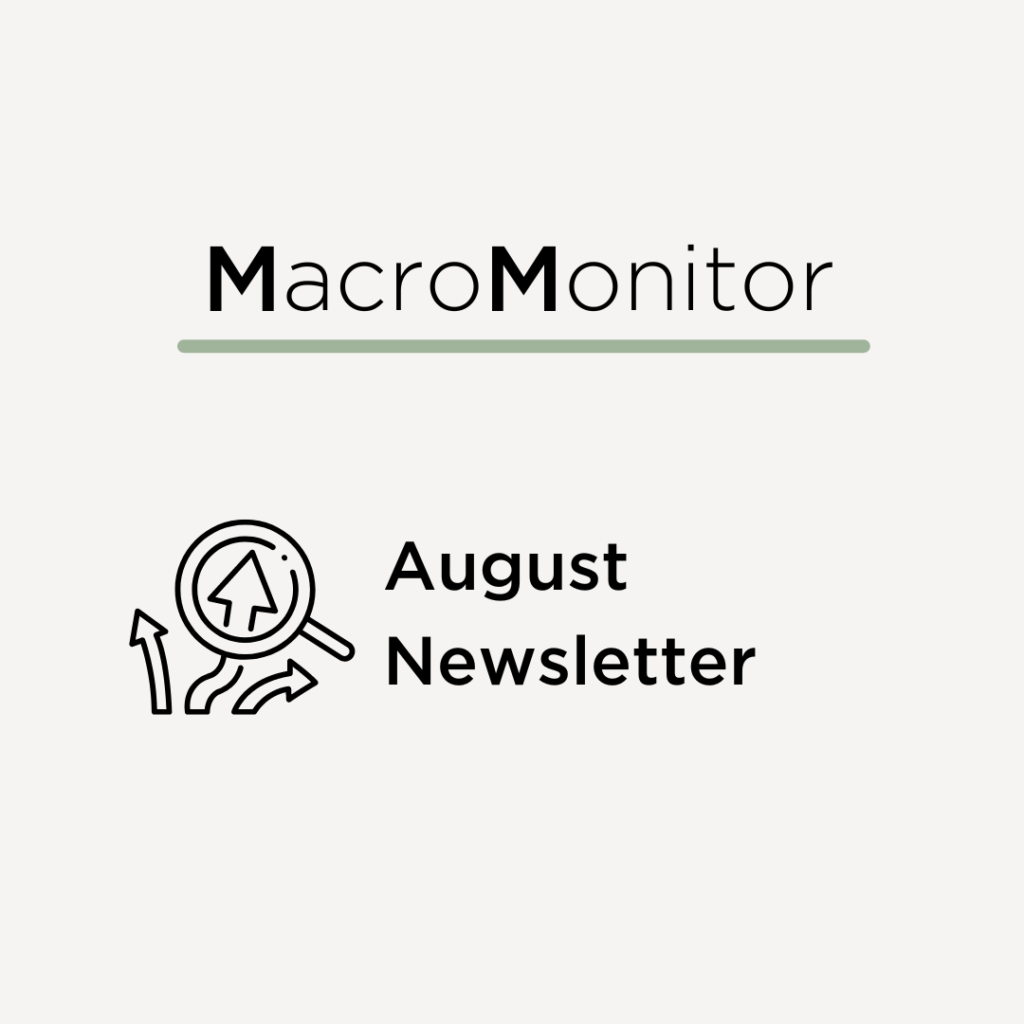



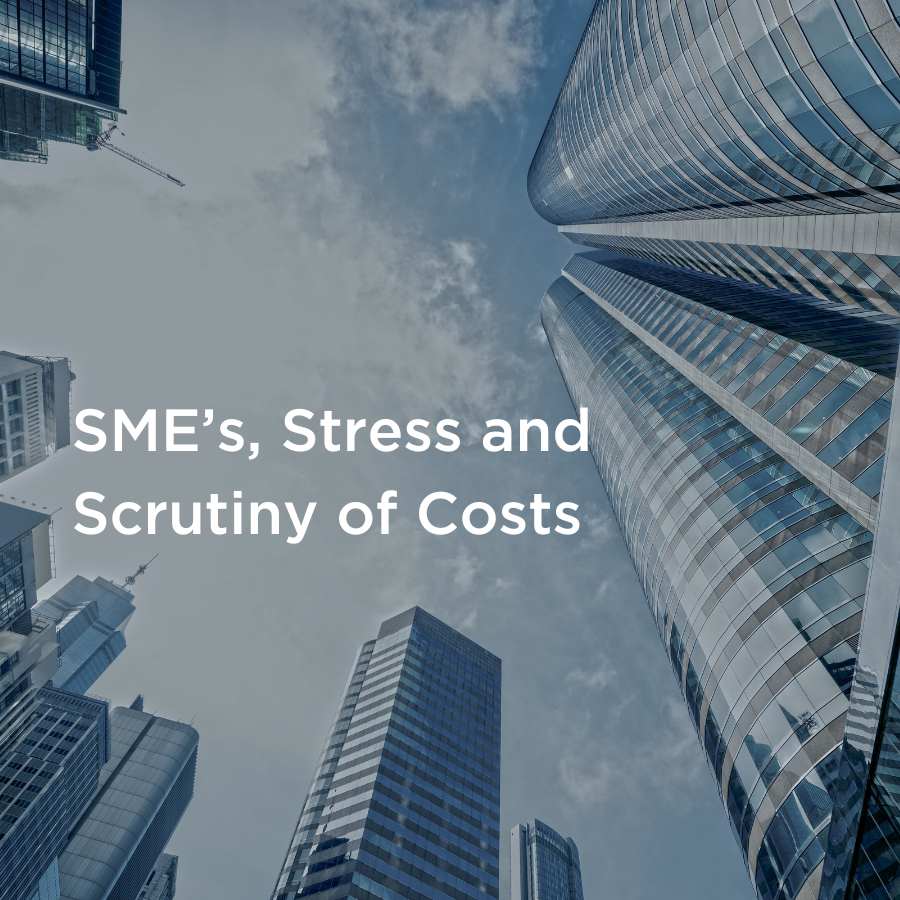

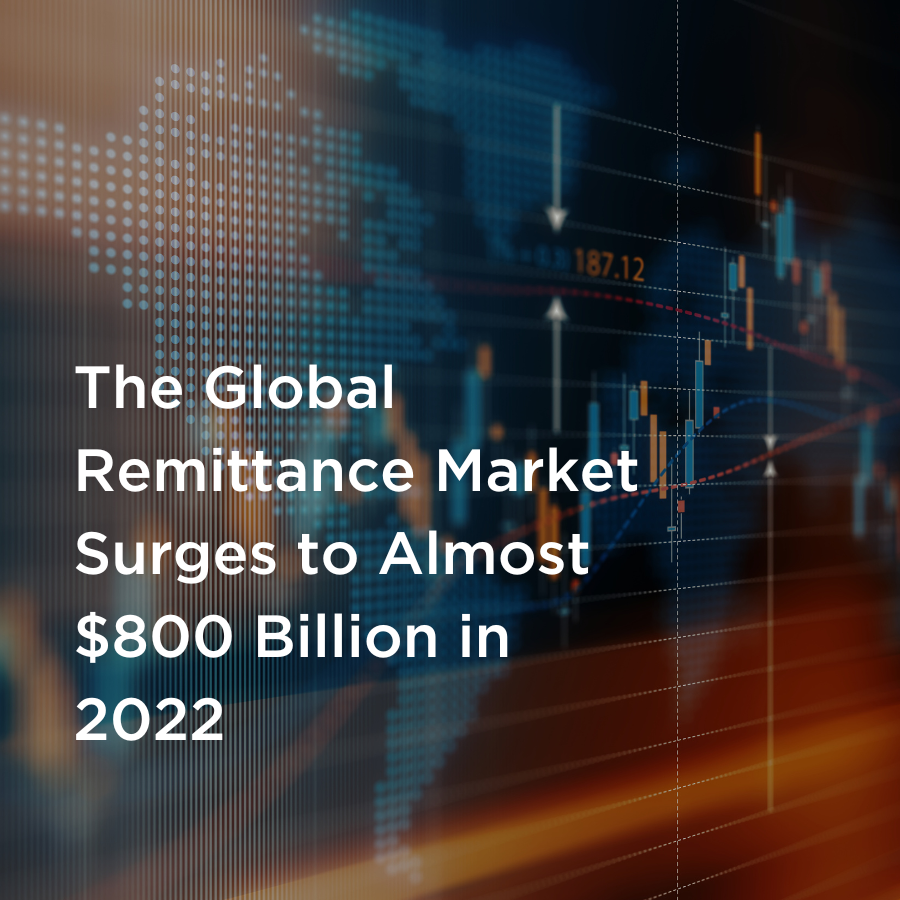

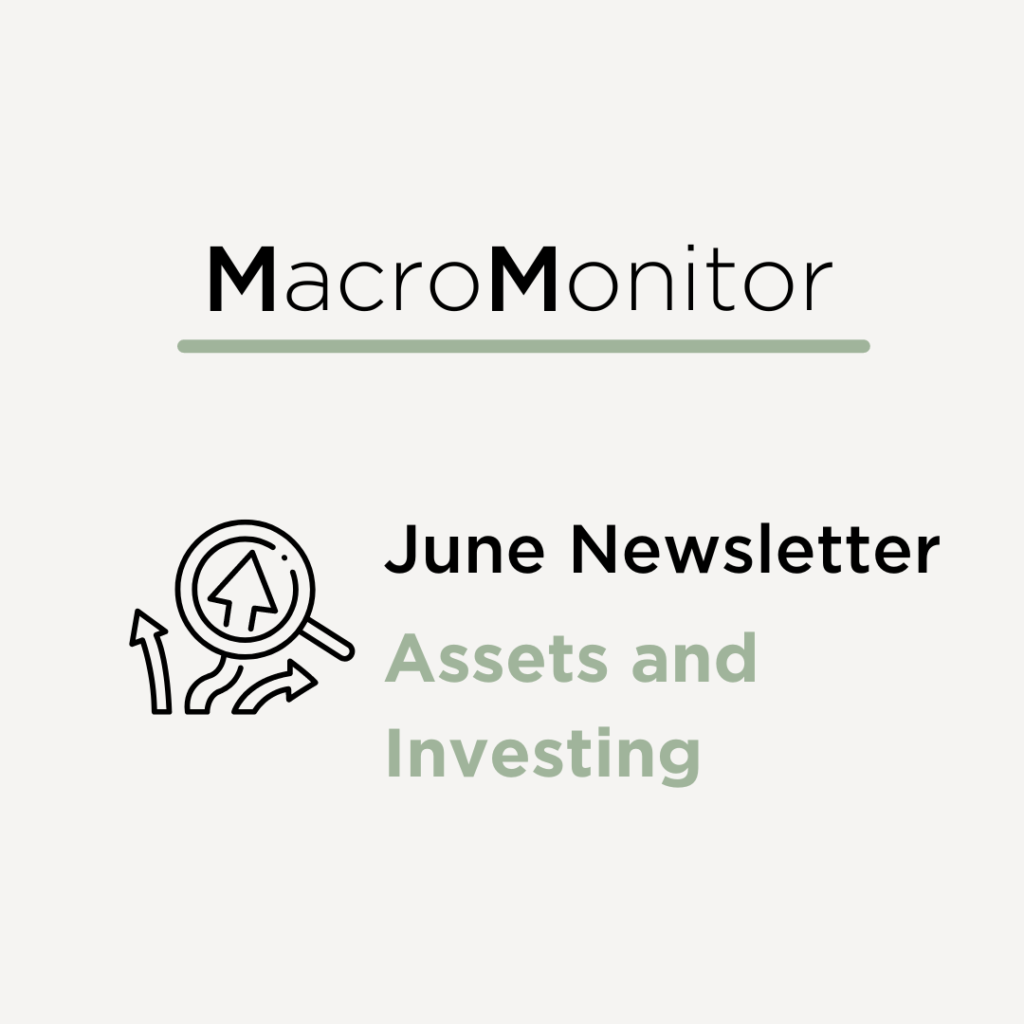



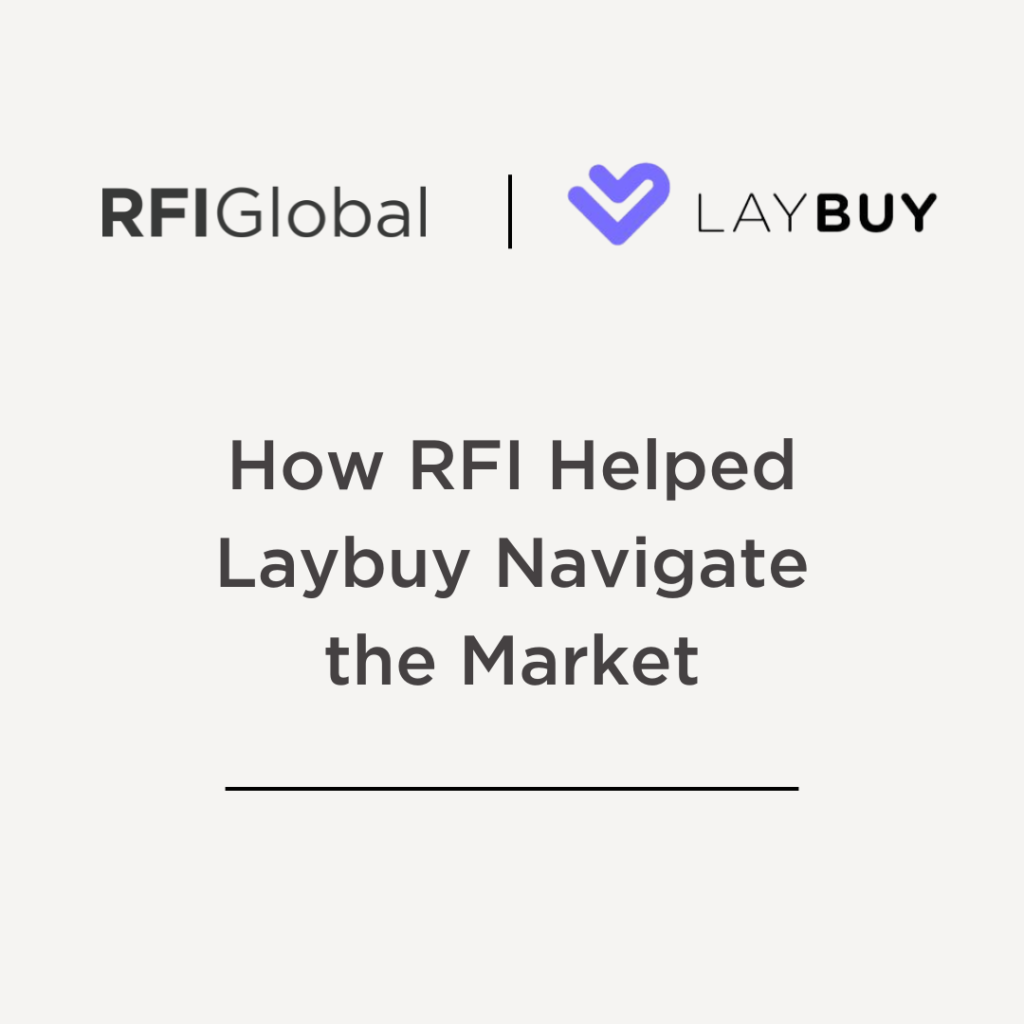

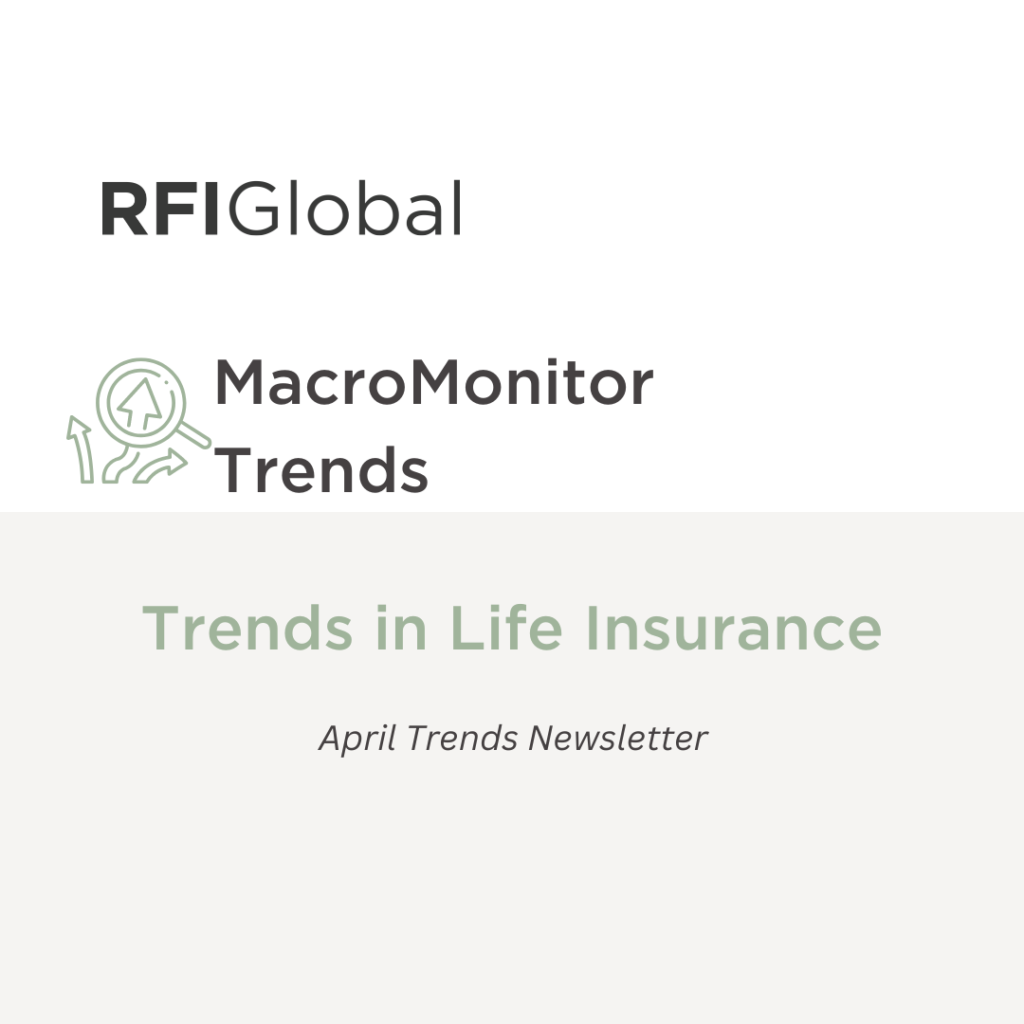



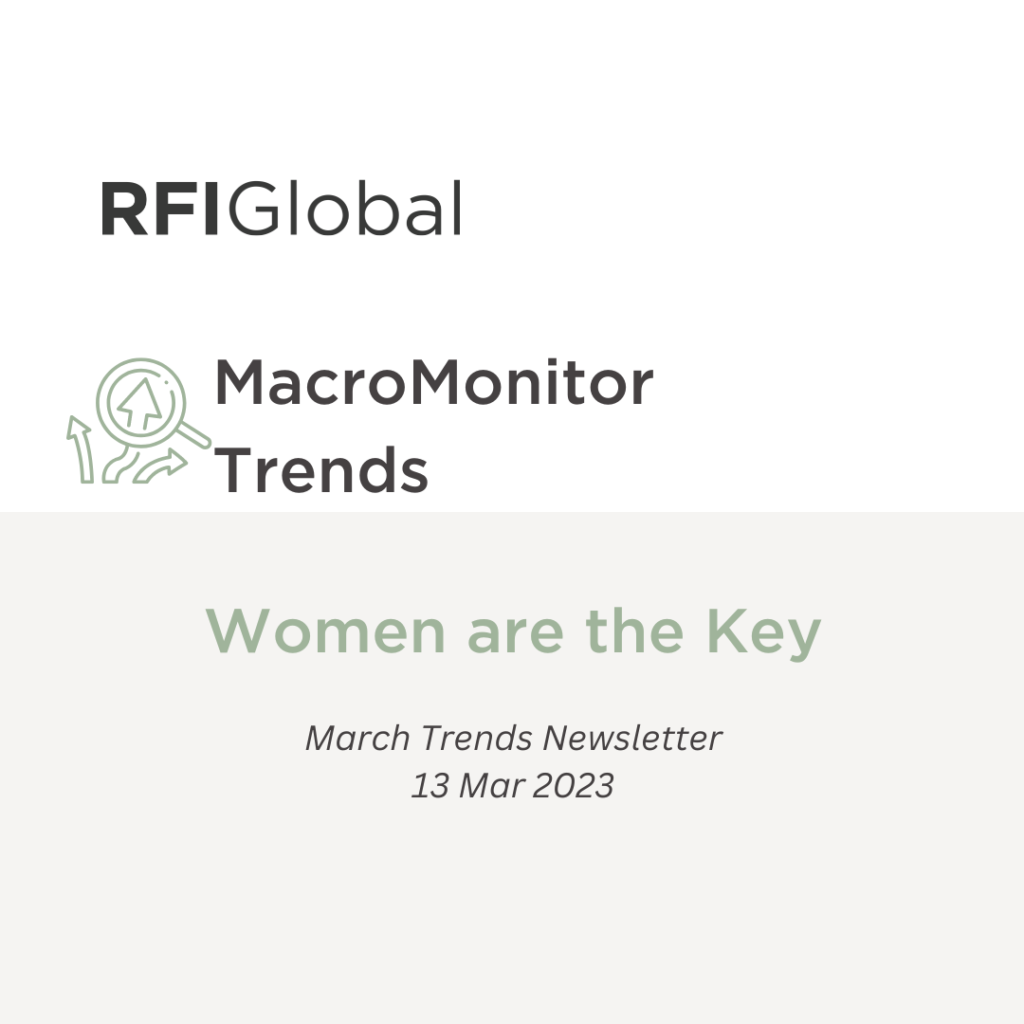


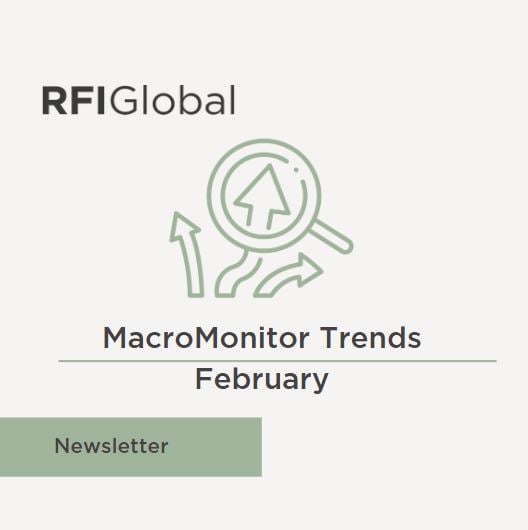


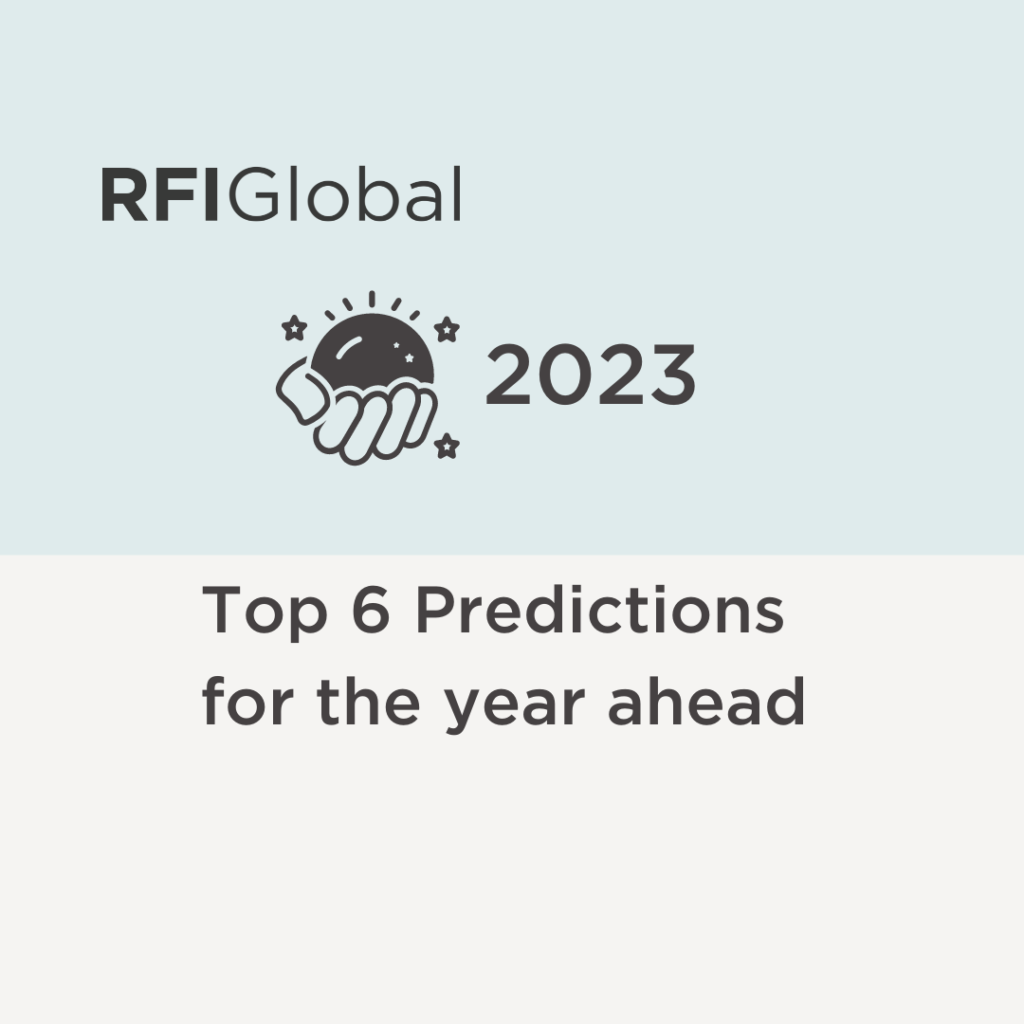
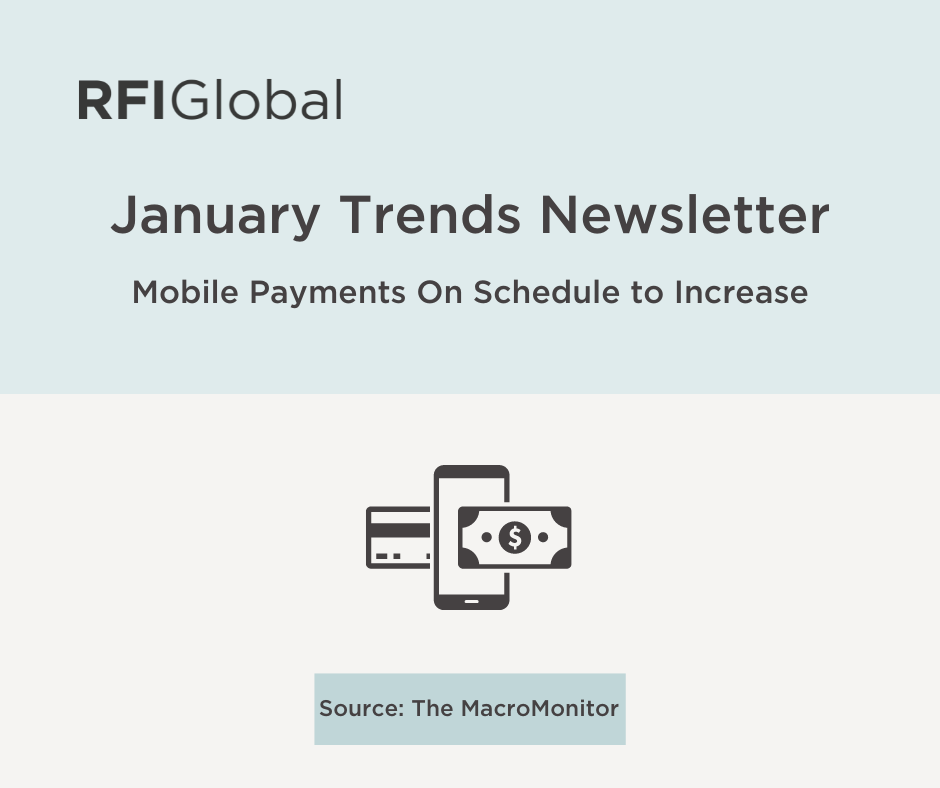
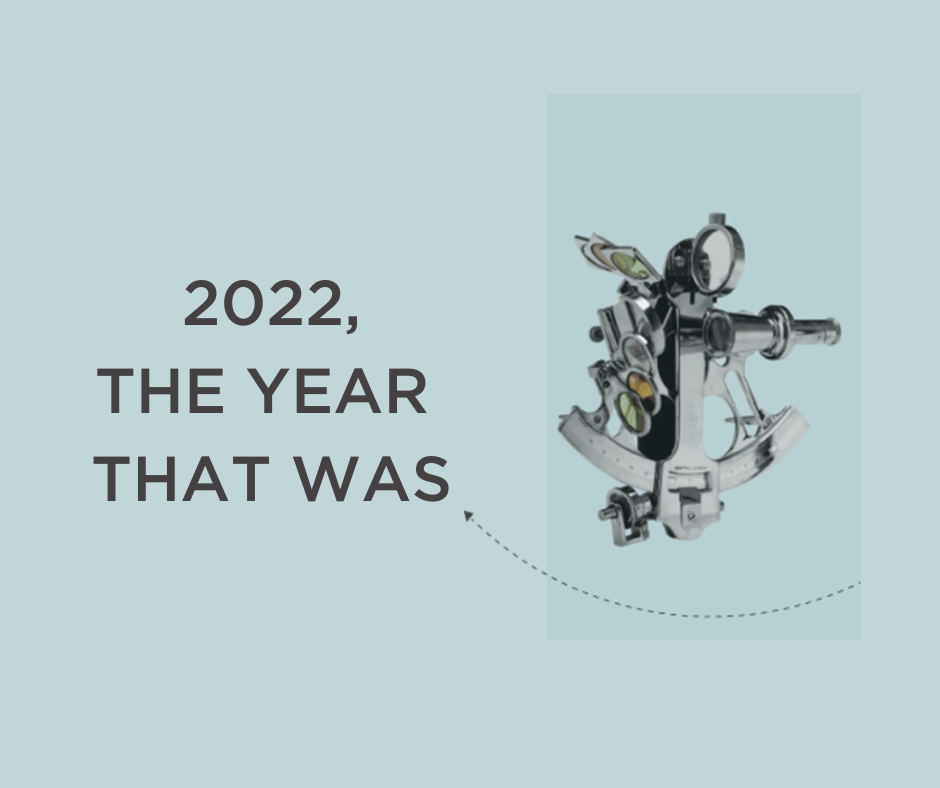

























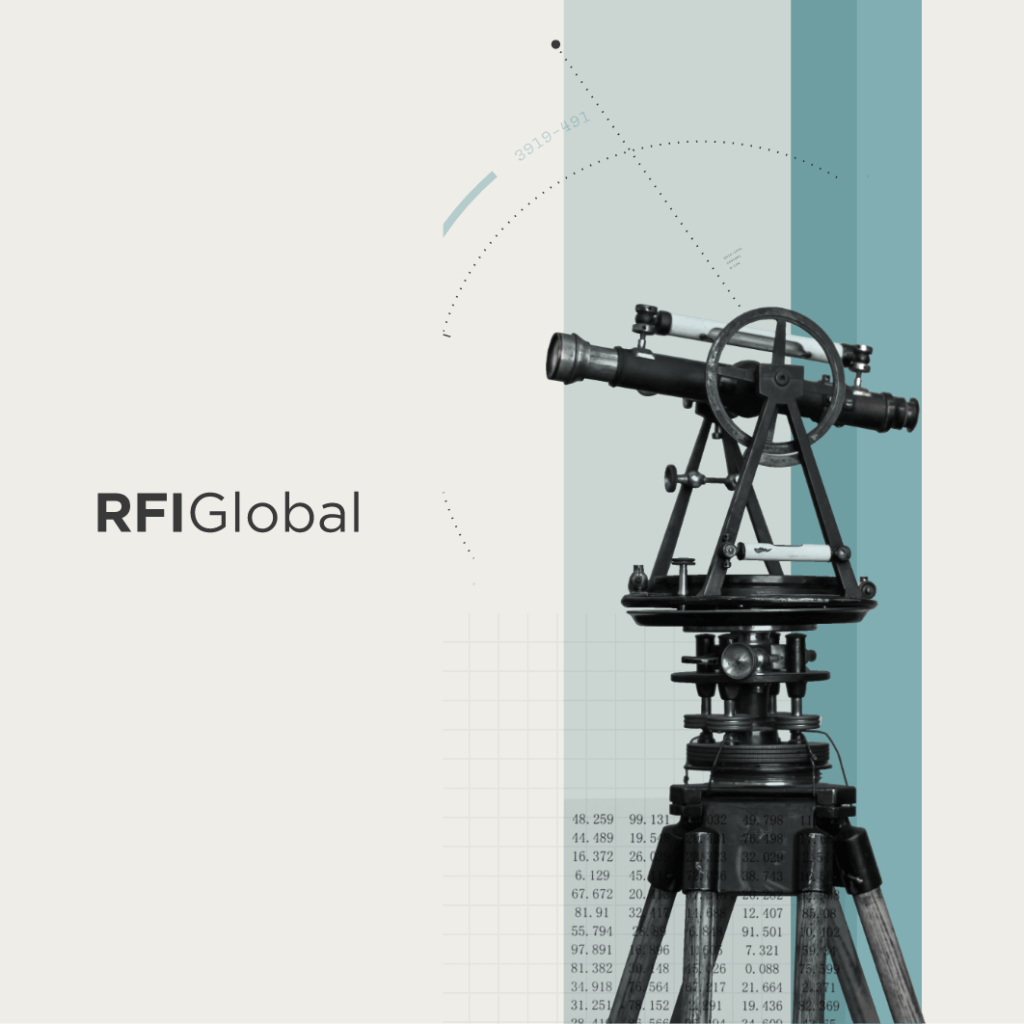


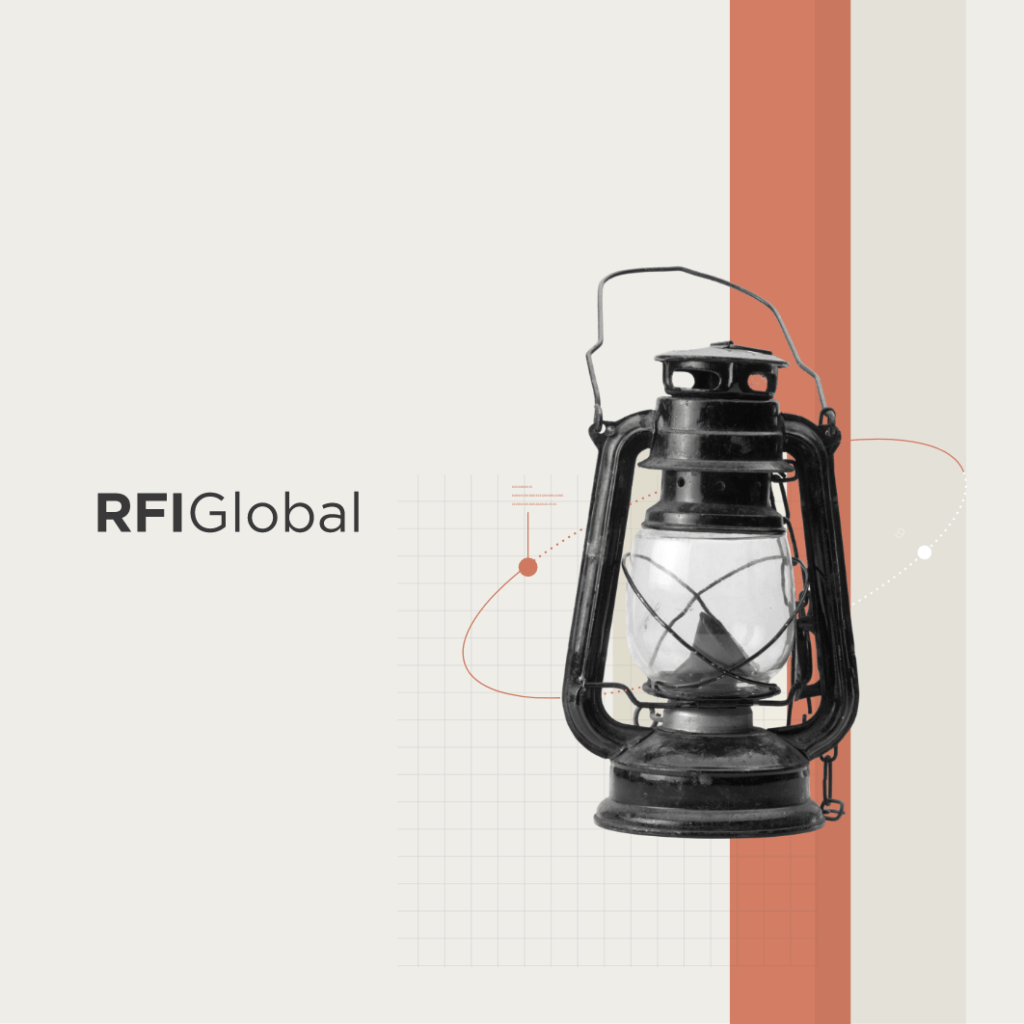
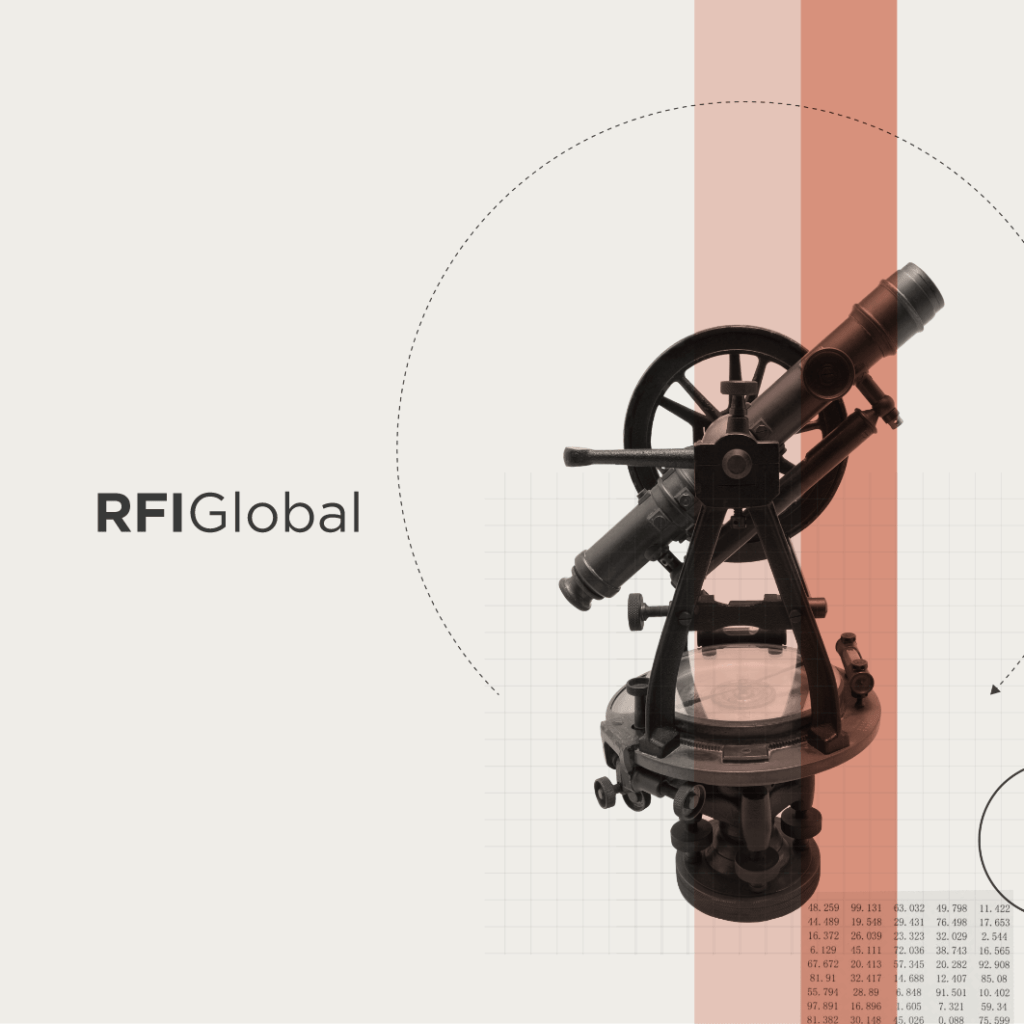
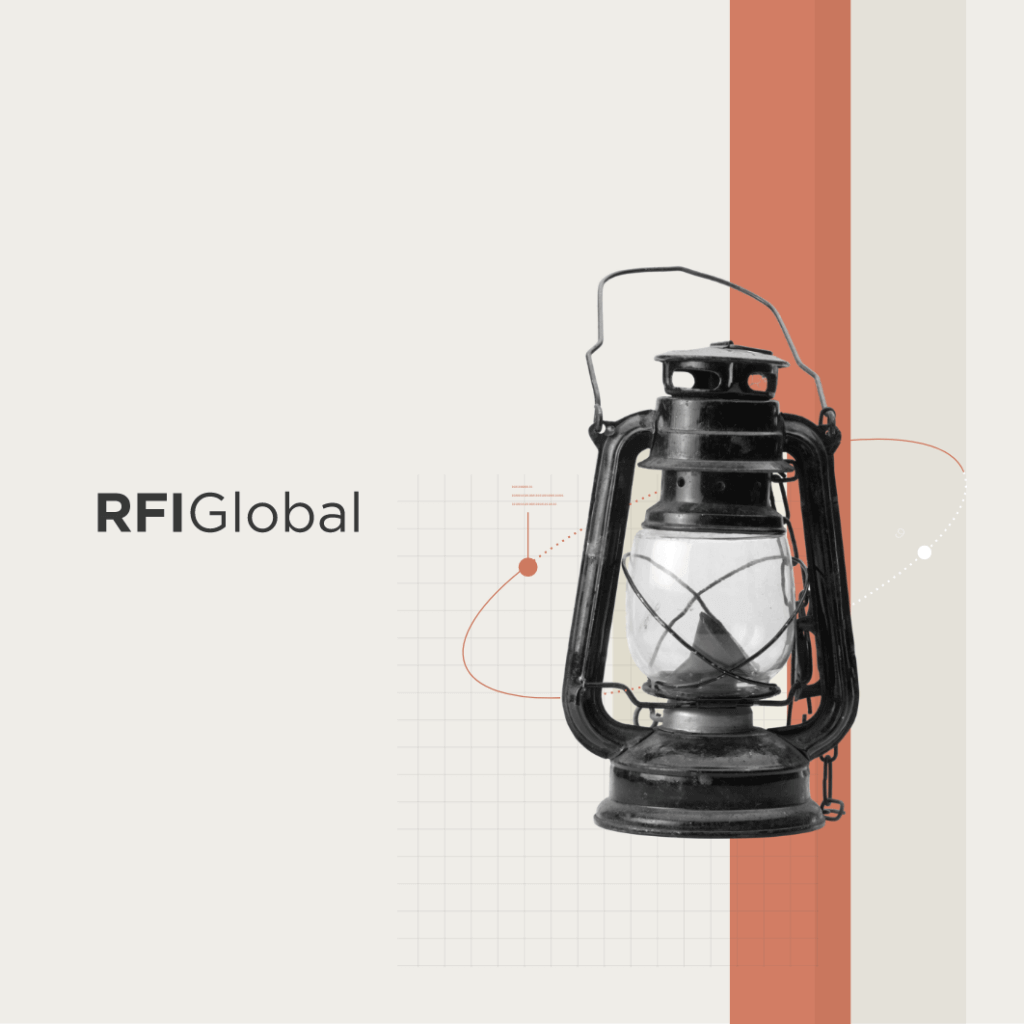
/NQA-ISO-27001-Logo-UKAS.jpg)